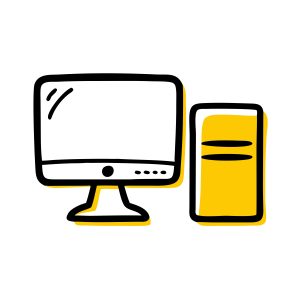Institutional Digital Accessibility & Inclusion Audit Checklist

This checklist helps evaluate your institution’s policies and practices in key areas related to digital accessibility, faculty support, student equity, and technology integration.
1. Digital Accessibility
- Are online courses, materials, and platforms accessible per WCAG 2.1 and DOJ requirements?
- Are all digital materials (documents, videos, images, etc.) compliant with WCAG 2.1 AA standards?
- Are captioning, transcripts, and alt text consistently provided for multimedia content?
- Do all learning platforms, LMS, and digital tools integrate accessibility features (e.g., screen reader compatibility, keyboard navigation)?
- Is there a process for reviewing and remediating inaccessible course content?
- Does the institution conduct regular accessibility audits and provide faculty with training on digital accessibility best practices?
2. Faculty Support & Training
- Are faculty provided with professional development on inclusive instructional design and UDL?
- Are faculty required or encouraged to complete accessibility and Universal Design for Learning (UDL) training?
- Does the institution provide ongoing professional development on inclusive teaching strategies?
- Are instructional designers or accessibility specialists available to assist faculty?
- Do faculty have access to tools and resources for creating accessible content (e.g., accessibility checkers, captioning software)?
- Are there incentives or recognition programs for faculty implementing inclusive teaching practices?
-
Student Support & Equity
- Are there clear policies ensuring equitable access to technology, digital resources, and learning accommodations?
- Does the institution provide loaner devices (laptops, hotspots, assistive tech) to students in need?
- Are digital resources (e.g., e-textbooks, courseware) affordable and accessible to all students?
- Are accommodations (extended time, alternative formats, assistive technology) easily available and clearly communicated?
- Are accessibility services and IT support trained in digital accessibility best practices?
- Does the institution track and address equity gaps in digital access and course success rates?
4. Technology & Innovation
- Does the institution leverage AI tools, adaptive learning platforms, and inclusive tech solutions effectively?
- Are AI-powered tools (e.g., chatbots, writing assistants, text-to-speech) integrated into student services and learning experiences?
- Does the institution use adaptive learning platforms that personalize learning pathways?
- Are digital tools evaluated for bias, accessibility, and ethical AI practices?
- Do faculty and students receive training on responsible AI use?
- Are emerging technologies piloted and assessed for their impact on inclusion and learning outcomes?